How to use MedAdvisor and myPharmacyLink?
How MedAdvisor and myPharmacyLink Can Help You?
Digital prescription services such as MedAdvisor and myPharmacyLink are more important than ever in light of the Covid-19 epidemic. These services provide an easy, reliable and contactless way to access your medications including compounded medication. If you’re unfamiliar with these services or have yet to visit a compounding pharmacy, Fresh Therapeutics are here to guide you towards an easier process.
What is a compounding pharmacy?
A compounding chemist or pharmacy operates just as a regular, community pharmacy would, apart from one major difference. While a pharmacist provides standard manufactured medications for the general public, a compounding pharmacist can also make prescribed medications for patients with particular needs. These are patients who, due to factors such as their age or allergies, are unable to take commercially made medication. For example, children can sometimes require medication that is made for adult patients. In this case, pediatric compounding is necessary to produce medication in a dosage appropriate for a child.
Recently, compounding pharmacists are in particular demand as a result of Covid-19. Shortages in manufactured medicines have made it difficult for some patients to access their regular prescription medications. To solve this problem, pharmacists can compound medications and provide individualised dosages to various patients.
What Are Compounded Medications?
Compounded medications are created when various ingredients are combined in the exact strength and dosage form required to meet a particular patient’s needs. Medications can be compounded into mixtures, suspensions, capsules, creams, and nasal sprays; and can even be flavoured according to a patient’s preference.
Where Can I Find a Compounding Chemist Near Me?
If you’re seeking a compounding chemist in Sydney Fresh Therapeutics has you covered. Our locations in Bondi Junction that is open seven days a week for your convenience. Along with customised compounded medications, Fresh Therapeutics offer personalised wellness plans and advice for people with minor or chronic illnesses. We also provide services for infant and child health, and breast pumps for hire.
How Do Digital Prescription Services Work?
Digital prescription services provide users with a way to fulfil their pharmaceutical needs online. Both MedAdvisor and myPharmacyLink are free applications that are easy to install and simple to navigate across multiple devices. They essentially act as a virtual pharmacist that caters to your specific medication requirements.
Features of Digital Prescription Services Include:
- Access to your local pharmacy allows users to easily order and pay for medications online.
- A notification system that can tell users when their orders are ready to be picked up.
- Using myPharmacyLink or Medadvisor specifically, users have the option of getting orders delivered to their door.
- An automatic storage system that keeps a personalised medication history for each user.
- A notification system that reminds users when to refill scripts and visit the doctor for script renewals.
- Access to detailed information about relevant medications, including how and when to take medicines, their potential side effects, their ingredients, and more.
- Option to add other profiles onto a personalised account, which allows users to provide medications for consenting family members.
- A notification system that can alert users when it’s time to take their medications.
- A messenger system that connects users directly to their pharmacist.
What Are the Benefits of Using Digital Prescription Services?
The unending process of ordering medications can be incredibly stressful, especially for those with multiple prescriptions. In fact, many Australians find themselves taking their medications incorrectly due to confusion over their dosages or delays between scripts. At Fresh Therapeutics, we encourage the use of digital prescription services in order to make pharmaceutical errands easier. This is made even easier if your doctor prescribed electronic prescriptions (tokens). If you have paper prescriptions you can send a photo of the prescription using the Medadvisor or MyPharmacylink App. You then bring the paper prescription into the pharmacy when you collect your medications.
The Benefits of Digital Prescription Services Include:
- Limits the time spent inside pharmacies, which is particularly pertinent during the Covid-19 epidemic.
- Users don’t waste time at the pharmacy waiting for an order, as the apps notify them when their medications are ready.
- Notification systems and easy-to-access information make it easier for users to take their medications correctly.
- No unexpected delays between scripts.
- Stores all scripts in one convenient location.
- Automatically updates medication history so that users don’t have to keep track.
Should I Be Using MedAdvisor or myPharmacyLink at Fresh Therapeutics?
If you are a Sydney resident looking for convenient access to a compounding chemist, we highly recommend the use of digital prescription services. At the Fresh Therapeutics in Bondi, myPharmacyLink is the application of choice.
For more information on our pharmacy and compounding services, visit our website or contact us today.

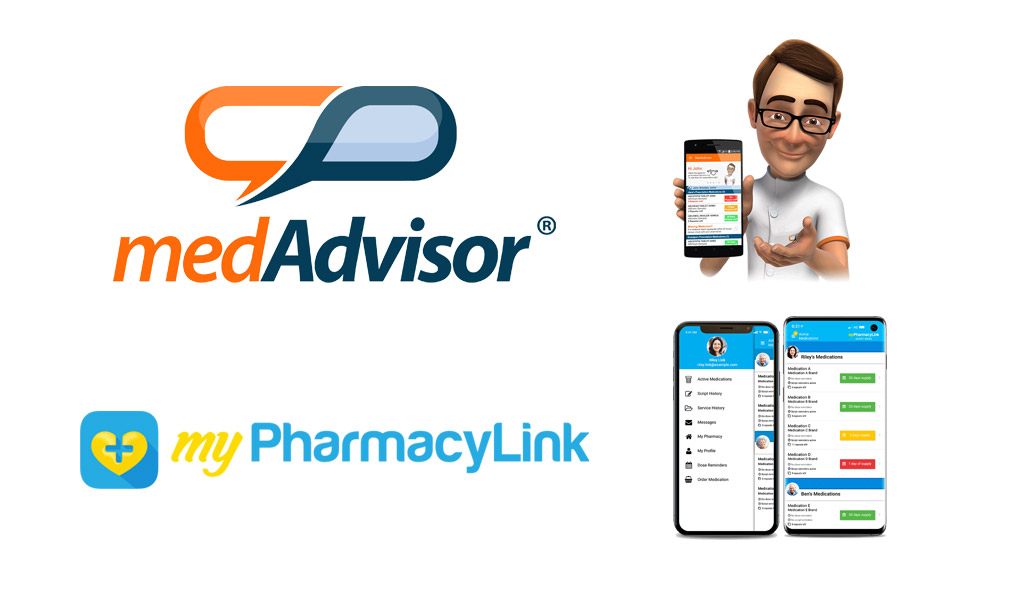
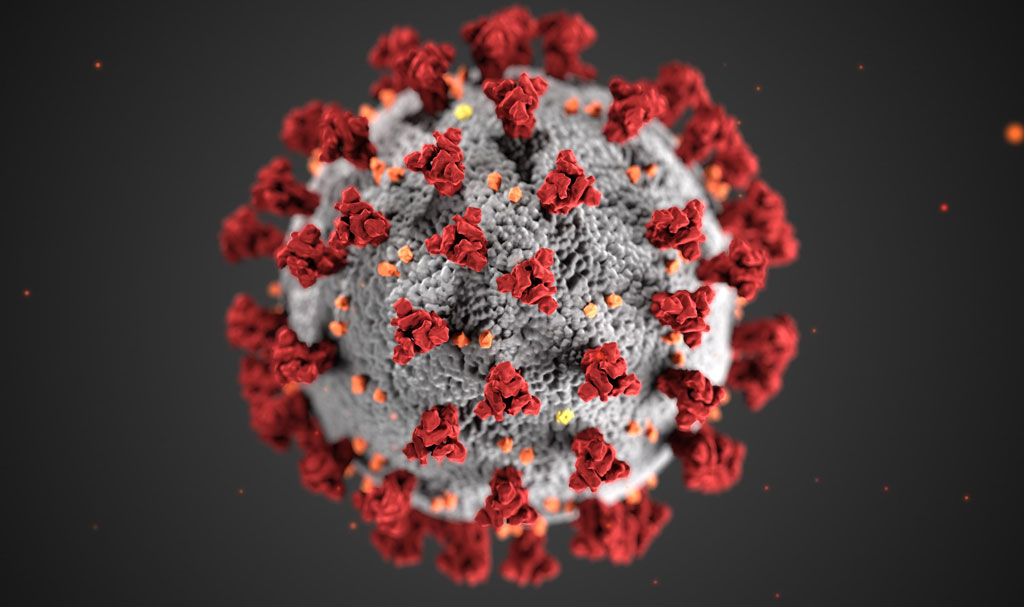
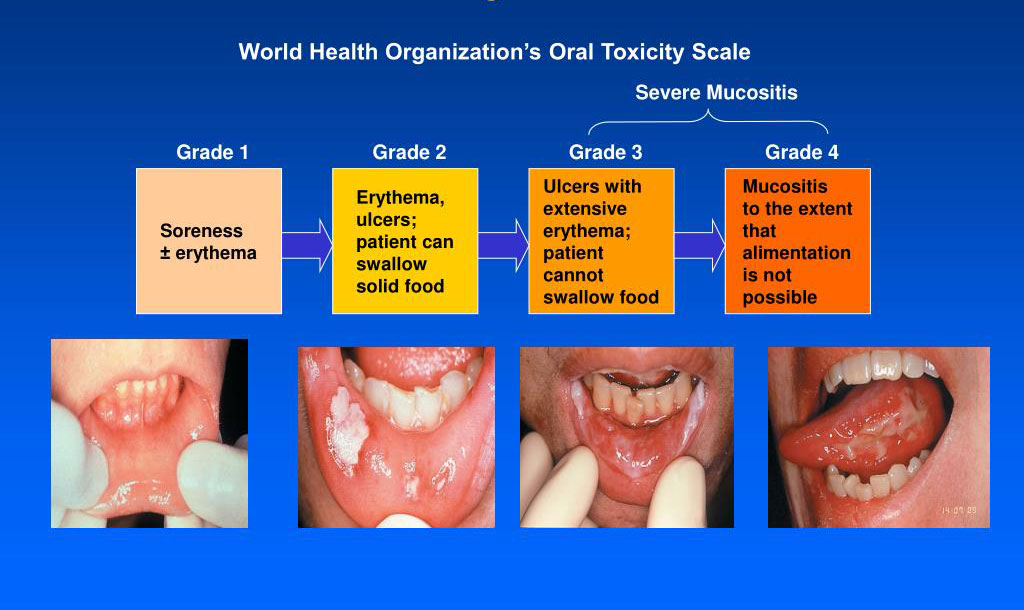
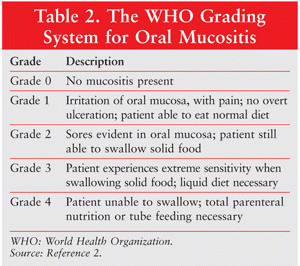
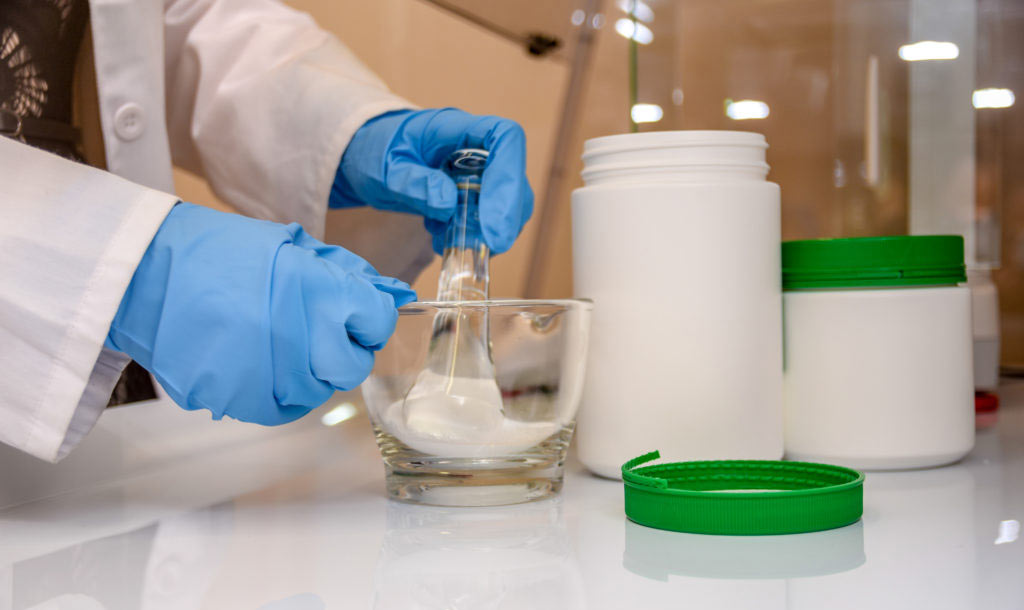
 Incontinence describes any accidental or involuntary loss of urine from the bladder (urinary incontinence) or bowel motion, faeces or wind from the bowel (faecal or bowel incontinence). It may cause distress as well as being a hygiene problem. However,
Incontinence describes any accidental or involuntary loss of urine from the bladder (urinary incontinence) or bowel motion, faeces or wind from the bowel (faecal or bowel incontinence). It may cause distress as well as being a hygiene problem. However,  Parkinson’s disease is a disorder of the central nervous system (CNS), and it is one of many neurological conditions. Its cause is the loss of nerve cells in the brain due to a variety of reasons including age, hormones, and injury.
Parkinson’s disease is a disorder of the central nervous system (CNS), and it is one of many neurological conditions. Its cause is the loss of nerve cells in the brain due to a variety of reasons including age, hormones, and injury.